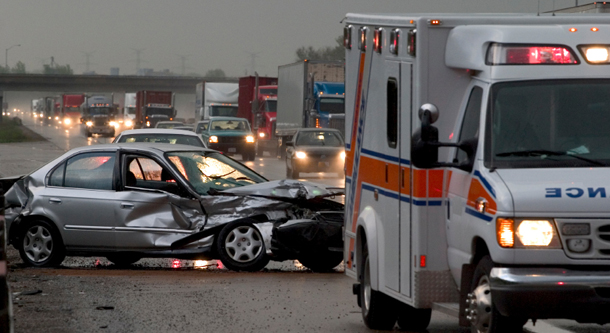
WASHINGTON, D.C. (September 21, 2022)— The National Transportation Safety Board (NTSB) recommends that all new vehicles sold in the U.S. have alcohol monitoring systems that can stop an intoxicated person from driving. If enacted by the National Highway Traffic Safety Administration (NHTSA), this action could help lower the number of alcohol-related crashes, one of the most significant causes of highway deaths in the U.S.
“This is an exciting announcement by the NTSB and a true show of leadership by NTSB Chair Jennifer Homendy to move the nation closer to zero traffic deaths,” said Jake Nelson, AAA’s director of traffic safety and advocacy. “AAA supports using technology to make the ‘car the cure’ for impaired driving.”
Since 2000, more than 230,000 people have lost their lives in crashes involving alcohol-impaired drivers, according to NHTSA. In 2020, an estimated 11,654 fatalities occurred in alcohol-impaired crashes alone. This number represented 30% of all traffic fatalities that year and a 14% increase over 2019.
The NTSB recommendations include:
- Require passive vehicle-integrated alcohol impairment detection systems, advanced driver monitoring systems, or a combination of the two that would be capable of preventing or limiting vehicle operation if it detects driver impairment by alcohol. The NTSB recommends that the NHTSA require all new vehicles to be equipped with such systems.
- Incentivizing vehicle manufacturers and consumers to adopt intelligent speed adaptation systems that would prevent speed-related crashes. This is a reiteration of a previous NTSB recommendation to NHTSA.
The NTSB announcement is timely since NHTSA is now mandated by law (i.e., the Infrastructure Investment and Jobs Act) to develop and issue a safety standard for technology that would meet the NTSB’s recommendation within three years. Automakers would then have several more years to comply.
AAA reminds consumers that this technology would serve as an important layer of protection against traffic injury and death at the hands of impaired drivers. A comprehensive approach also includes strong DUI prevention laws, highly visible and equitable enforcement of those laws, and a high degree of personal responsibility that comes with the great privilege of driving.
###
